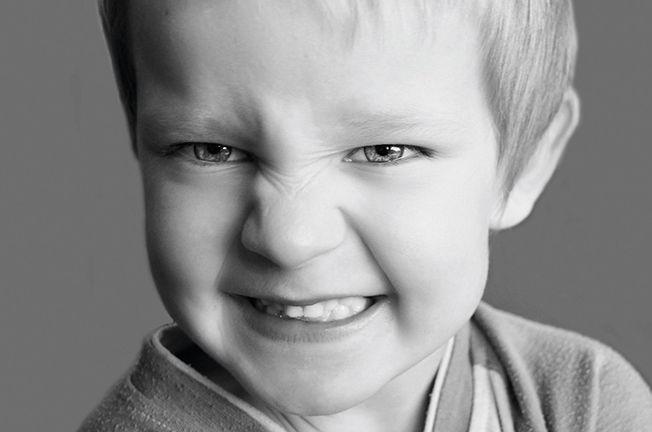If your child is grinding their teeth, they could have a relatively common condition known as bruxism.
Here’s what you need to know and what you can do for your child…
Bruxism, or teeth grinding, in children can be a serious dental concern as clenching and gnashing can erode your child’s tooth enamel. If you suspect your child may be involuntarily grinding their teeth, your dentist can determine whether they have a condition known as bruxism.
What is bruxism?
Derived from the Greek word brychein, bruxism means tooth grinding. The term was introduced in 1931 to describe involuntary, excessive grinding, clenching, or rubbing of the teeth.
Signs and symptoms
Bruxism in children may be mild and not require treatment. However, in some cases, it can be frequent and severe enough to lead to jaw disorders, headaches, damaged teeth, and other problems in children. It’s important to know the signs and symptoms of bruxism and to ensure that your child receives regular dental care.
The most common signs of bruxism in children may include:
- Teeth grinding or jaw clenching while your child is awake or asleep
- Teeth that are worn down, flattened, fractured, or chipped
- Worn tooth enamel
- Earache
- Headaches
- Chronic facial or jaw pain
What causes bruxism?
Doctors don’t completely understand the causes of bruxism. Possible physical or psychological causes may include:
- Anxiety, stress, or tension
- Suppressed anger or frustration
- Aggressive, competitive, or hyperactive personality type
- Abnormal alignment of upper and lower teeth
- Changes that occur during sleep cycles
- Response to pain from an earache or teething
- Growth and development of the jaws and teeth
- Complication resulting from a disorder
- An uncommon side effect of some psychiatric medications, including certain antidepressants
When to get professional help
Many kids outgrow bruxism without special treatment, and many children don’t grind or clench their teeth badly enough to require treatment. However, if the problem is severe, don’t hesitate to speak to your healthcare provider and your child’s dentist.
If your child is diagnosed with bruxism, options may include stress management, dental approaches, behaviour therapy, and medications.






